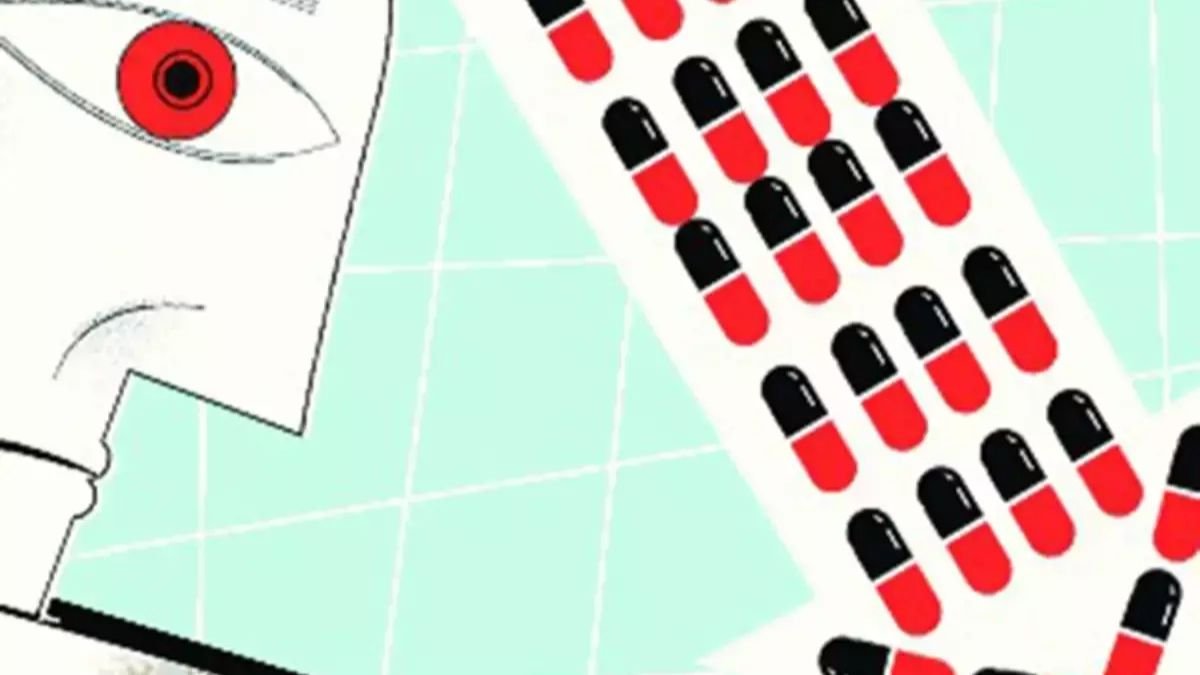An estimated 400 companies, including Apple, Shell, Starbucks, McDonald’s, and major credit card companies, have severed ties with Russia, suspending or exiting operations in the country. One major industry, however, is defying the trend: Big Pharma. The pharmaceutical industry is in an ethical quandary. Citizens would not lose access to frappuccinos or designer goods if the United States withdrew from Russia. It is possible that cancer patients will be denied chemotherapy, and diabetics will be denied insulin. That is a moral line that most pharmaceutical companies have so far refused to cross.
“Our industry has a unique humanitarian obligation to ensure that medicines and vaccines are available to patients everywhere.
” This includes patients in Ukraine, neighbouring countries, and Russia, according to Andrew Powrie-Smith, executive director of communications at the European Federation of Pharmaceutical Industries and Associations, a trade organisation representing the European pharmaceutical industry, in a statement to WIRED.
To put it another way, “literally if our products don’t get to the patients in need, people will die or have severe consequences,” Joe Wolk, Johnson & Johnson’s chief financial officer, said on March 8 during an investor conference. Western countries, including the United States, the United Kingdom, Canada, and European nations, have imposed sanctions on Russia’s banks, luxury goods, oligarchs, oil, and gas.
However, essential goods such as food and medicine have typically been excluded from these measures. This means that a pharmaceutical company’s decision to boycott Russia is entirely up to them. Pfizer issued a statement on March 14 stating that the company would “maintain humanitarian supplies of medicines to Russians,” donating all proceeds to the support of people in Ukraine. Cutting off its supply of medicines to Russia would be a “direct violation of our foundational principle of putting patients first,” according to the statement.
On the same day, Bayer issued a statement stating that the company has an ethical obligation to provide medications in every country: “Withholding essential health and agriculture products from civilian populations—such as cancer or cardiovascular treatments, health products for pregnant women and children, and seeds to grow food—would only multiply the war’s ongoing toll on human life.”
Johnson & Johnson and Roche had previously issued similar statements, as had AmerisourceBergen, a US-based drug distributor that noted its involvement in clinical trials, or tests of new drugs on volunteers. (Ukraine and Russia are both critical centres for such trials, which play an important role in medication development and sometimes provide patients with a last chance to receive potentially lifesaving treatment.)

The company is funding nearly 60 clinical trials in Russia, and it claims that “immediately halting our operations in the country could, and most likely would, amount to punitive action against the most vulnerable.”A few members of the industry have recently announced that they will no longer export drugs to Russia—but only certain types of drugs.
Eli Lilly, based in the United States, announced in a statement on March 15 that it would cease exporting all non-essential medicines to Russia, making the company the first major pharmaceutical company to restrict the export of certain medicines to the country. It is up to Eli Lilly to determine what is “essential.” According to a company spokesperson in an email to WIRED, essential medicines are treatments for serious and life-threatening diseases such as diabetes and cancer; non-essential medicines include Cialis, a drug used to treat erectile dysfunction.
AbbVie, the US pharmaceutical company that manufactures Botox, issued a statement stating that it “has temporarily suspended operations for all of our aesthetics products in Russia.” Conformis, a US-based orthopaedic medical device manufacturer, announced on March 2 that it was “suspend[ing] all distribution operations to Russia and any Russian-based entities” for its products.
Although health-related products are typically exempt from sanctions, the effects of other economic sanctions, such as direct export controls and banking sanctions, are likely to impede medicine supplies indirectly. Russia has already reported that drug supplies, such as insulin, are running low. Novo Nordisk, a Danish pharmaceutical company that is one of the world’s largest insulin producers, told Reuters that it will continue to supply medicine to Russia, but that its efforts “may be indirectly affected by sanctions in other areas.”
Despite exemptions for these goods, US sanctions in Iran allegedly resulted in severe restrictions on medicine for Iranian residents in 2019. So whether sanctions actually achieve their intended goal—directly punishing the responsible parties while minimising harm to the citizens of that country—is a point of contention. “They tend to entrench political elites even more,” Laoghaire says. “If resources are scarce, they will go to the military or the actual elites before they go to ordinary people.”
So, while the pharmaceutical industry wrestles with its obligations, some ethicists believe the solution is simple: keep the supply lines open. “While I am perfectly happy for Nike not to sell its shoes,” Gillard says, “I believe pharma is in a different place.” “By ceasing to provide medical commodities and equipment, they would, in fact, be punishing the Russian people, which I believe would be extremely problematic.”










































